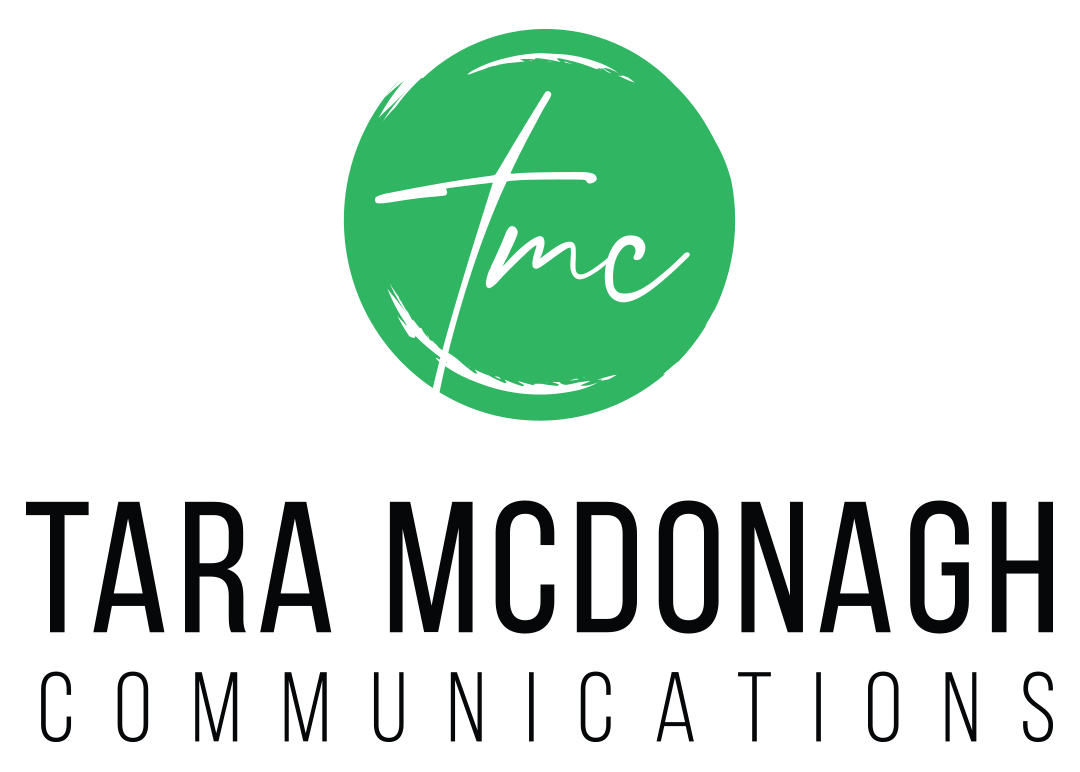When it comes to Corporate Core Values, the same advice holds. Be concerned with your character and your reputation will follow. Unfortunately, leaders are often too often focused on an attempt to control a company’s reputation when defining values, rather than a company’s character. When this is the case, Corporate Core Values don’t mean much and certainly aren’t used in the way they are intended.
Look at today’s environment. What does it say when a corporation posts, writes, or says the right thing, such as condemning systemic racism, but then doesn’t back up that statement with specific commitments to improve at their own company?
If a company is focused on saying the right thing, but doesn’t back it up with action, it is likely more focused on reputation than character. Ouch. Did that hurt? Sorry, but authenticity is a core value of mine, so I’m committed to tell it to you straight.
If a company is not prepared to take decisive action on systemic racism, or any other issue it faces in accordance with its own values, leaders must ask themselves; Why? Does the company truly not need to do anything differently or better? Does leadership see a problem? Does the company leadership believe it needs more time to develop an actionable commitment? Is leadership de-prioritizing the issue as not central to impacting the company?
Here’s another BIG one for you – What actions do the company’s values guide it toward doing in connection with this issue?
Hmm, that’s a tough one. Integrity, Courage, Honesty, Trust, Accountability. These are popular corporate values. They sound really good. Vital even.
Does your company stand by its Core Values? How?
If it’s not painful at times to stand by your core values, you’re not doing it right. That is really important, so I’m going to state it again. If it’s not painful at times to stand by your core values, you’re not doing it right.
Core values are there to guide our actions. Not cutesy must-haves to talk to during town hall meetings and refer to in corporate emails.
Do your associates know your values off the top of their heads? Can they explain how they connect to their work? Can they share an example of a tough decision they made, but made nonetheless to ensure they were aligned with the company core values?
In some companies, core values live in every interaction at the company. They are not only painted on walls and taken for a spin during town hall meetings, but employees recite them off the top of their heads and are quick to point out how they live the values through their work. Processes and policies are aligned with the values. Company values are a vibrant undercurrent in conversations, decisions and actions. Inevitably, these are companies where the culture is clearly defined, associate engagement soars, and customers and partners see it in every interaction.
At other companies, if you quizzed ten associates, you’ll quickly see them sharing a few words that they believe are values, then looking at one another to help fill in the blanks to complete the ones they are forgetting. They don’t carry any real MEANING. Sound like your company? Uh oh, watch out. These might be hollow words to associates and may even be considered by them as downright dishonest.
When values are viewed as words on paper it results in lack of credibility which effects everything from employee engagement and retention to how employees treat your customers.
Keep in mind, It’s not the employees’ fault.
As a communications professional, some have looked to me to share what the company values are, then it’s expected that we move on with our day-to-day. Therein is a huge misstep. You don’t communicate values. You live them, then you share your examples of living them over and over and over again.
Company values are a set of actions that share with everyone at the company what is important, how to behave, and which actions are cherished. If you aren’t using every opportunity to reiterate your values, share examples of how people are living the values in their everyday work, and finding ways to make values relevant in policies and procedures, you’re missing the mark.
And if it’s not painful to truly live your values now and then, you’re doing it wrong. Just ask me, I turned down a well-paying account the other day because I believed they needed an investment in business development rather than public relations support at this stage. Ouch. But, that’s living with integrity, another core value of mine. I’m happy to share, I got a different new account the following week.
So, feel the pain, it’s worth it.

